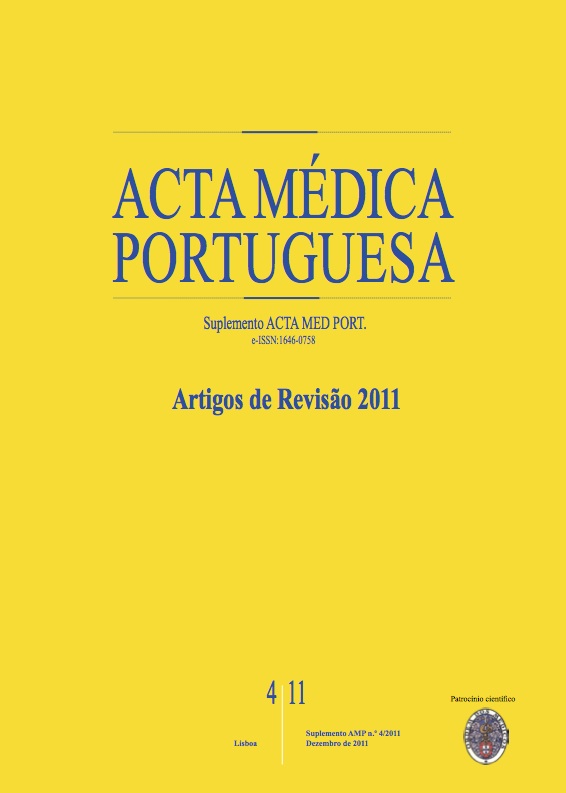What is the relevance of nutrition in oncology?.
DOI:
https://doi.org/10.20344/amp.1561Abstract
Cancer has an increasingly significant impact on society, being a highly destabilizing factor in the life of any patient. The disease as well as anti-neoplastic treatments can profoundly alter biological functions and, remarkably, the patients' nutritional status. Thus, Nutrition is a key factor in oncology, by influencing the development of the disease, cancer related symptoms, the response to, and recovery from treatment(s), and therefore determining the patients' Quality of Life and probably prognosis. Therefore, the assessment of Quality of Life in any clinical study is essential because it values physical, psychological and social factors, which often depend on or are related with Nutrition. The aim of this review work, was to explore extent to which individualized nutrition intervention improves nutritional parameters (nutritional status and intake), Quality of Life, and ultimately the prognosis of the disease. Based on clinical research studies conducted until now, early nutritional intervention via individualized nutritional counseling, does significantly improve nutritional parameters and Quality of Life. It was also found that appropriate and individualized nutritional intervention, improves symptoms, reduces morbidity and may have the potential to improve the prognosis of the disease. According to the reviewed data and guidelines, nutritional therapy should be central and adjuvant to any treatment, and should be included in the multidisciplinary approach mandatory in oncology. This will allow for more adequate and efficient results these patients. Multidisciplinary follow-up, with early nutritional intervention, is of major importance in oncology, thus being a key factor for successful treatment and recovery of these patients.Downloads
Downloads
How to Cite
Issue
Section
License
All the articles published in the AMP are open access and comply with the requirements of funding agencies or academic institutions. The AMP is governed by the terms of the Creative Commons ‘Attribution – Non-Commercial Use - (CC-BY-NC)’ license, regarding the use by third parties.
It is the author’s responsibility to obtain approval for the reproduction of figures, tables, etc. from other publications.
Upon acceptance of an article for publication, the authors will be asked to complete the ICMJE “Copyright Liability and Copyright Sharing Statement “(http://www.actamedicaportuguesa.com/info/AMP-NormasPublicacao.pdf) and the “Declaration of Potential Conflicts of Interest” (http:// www.icmje.org/conflicts-of-interest). An e-mail will be sent to the corresponding author to acknowledge receipt of the manuscript.
After publication, the authors are authorised to make their articles available in repositories of their institutions of origin, as long as they always mention where they were published and according to the Creative Commons license.









